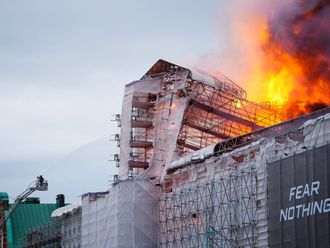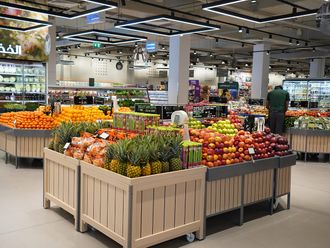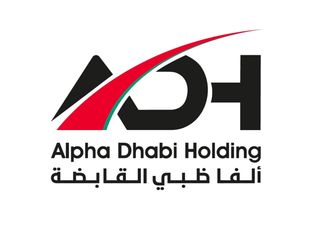Tokyo: JX Nippon Oil & Energy Corp is looking at building refineries and petrol stations in Indonesia and Vietnam as fuel consumption slumps at home, in what would be its first major downstream oil investment in Asia outside Japan.
Japan’s biggest oil refiner sees the two markets as the most promising locations for investment due to their robust economic growth outlook and openness to foreign investment, the company’s president Tsutomu Sugimori said in an interview.
Japan’s oil demand has dropped a fifth over the past decade, and is projected to fall another 8 per cent in the next five years, a government energy committee forecast in March.
Indonesia and Vietnam, where oil demand is growing 1-2 per cent a year, are looking to beef up their refining capacities to reduce expensive product imports. Another Japanese refiner is already helping to build Vietnam’s second oil refinery.
Still, neither of the countries is an easy place to do business for overseas investors. Indonesia hasn’t been able to agree terms with foreign partners on any proposed refinery project in the past 20 years, and access to Vietnam’s retail sector could be limited.
“Indonesia has many requirements such as a need to upgrade refineries, increase refining capacity and improve ageing facilities, and we are looking for an opportunity to enter,” Sugimori said.
“We are looking to see if we can set up a complete refining and retail service station network.” JX has opened a Southeast Asia business development section in Singapore and has been looking at business opportunities in Asia excluding China and South Korea.
A company spokesman said its officials had been travelling to meet various industry and government officials in Southeast Asia, but declined to give further details.
Sugimori and the spokesman provided no timeline or spending target for any potential investments.
Indonesia and Vietnam, with populations of about 240 million and 90 million, respectively, have been courting foreign direct investment in their downstream oil sectors.
Their economies are expected to grow more than 5 per cent this year, and while oil demand growth has been sluggish, neither is self-sufficient in the refining sector.
Vietnam’s motorcycle sales have taken off as its citizens get richer and hit 3.5 million units in 2012, making it the fourth-biggest market after China, India and Indonesia.
Indonesia, Southeast Asia’s largest economy, could become the world’s biggest gasoline importer by 2018, according to Wood Mackenzie, and industry sources say it could hold a roadshow next year to attract investors to build a new refinery.
Indonesia’s 1 million-barrels-per-day (bpd) capacity can meet only two-thirds of its domestic oil demand, while Vietnam’s sole 130,000-bpd Dung Quat refinery meets about a third of oil product use there.
PROSPECTS JX already operates lubricant oil plants in both nations and launched a diesel import and sales business in Indonesia this year.
“Wanting to expand overseas their core competencies of refinery and retail sales business is natural,” given the state of Japan’s domestic market, said Reiji Ogino, a senior analyst at Mitsubishi UFJ Morgan Stanley Securities.
In Vietnam, JX had previously been looking to team up with state-owned PetroVietnam to expand the Dung Quat oil refinery, but gave up on the project last year as financial terms could not be concluded.
Idemitsu Kosan Co, Japan’s No. 2 refiner by revenue, is already taking part in a $9 billion project to build Vietnam’s second refinery. The 200,000-bpd Nghi Son refinery and chemical complex in Vietnam marks the first time a Japanese refiner is building an oil plant in Asia outside Japan.
PetroVietnam is also looking for investment partners for the $7 billion-$8 billion needed for the 200,000-bpd Long Son refinery, slated for operation in 2020-2030.
Access to Vietnam’s retail sector may be limited, though, as its World Trade Organisation commitments do not include opening the market for oil product distribution.
In Indonesia, an Iranian firm and a local partner are looking to build a $3 billion refinery, and Thailand’s PTT Global Chemical Pcl is planning to triple the crude refining capacity of a joint petrochemical project slated for operation in 2020.
Indonesia, however, has signed many preliminary deals on joint refinery projects over the last 20 years and none have ever moved beyond initial planning stages. Last year, for instance, Indonesia broke off talks with Kuwait Petroleum and Saudi Aramco on two projects over tax issues.












